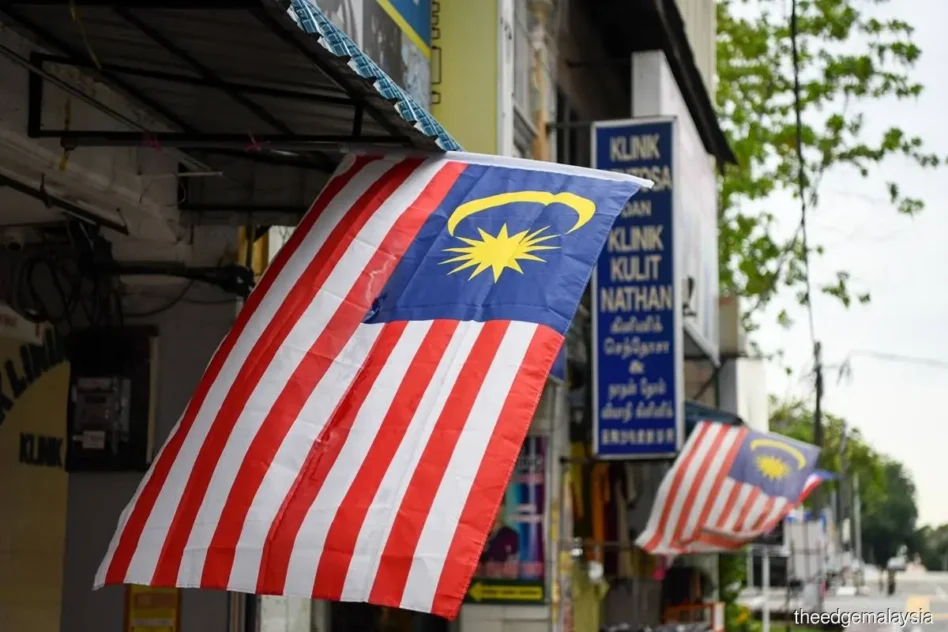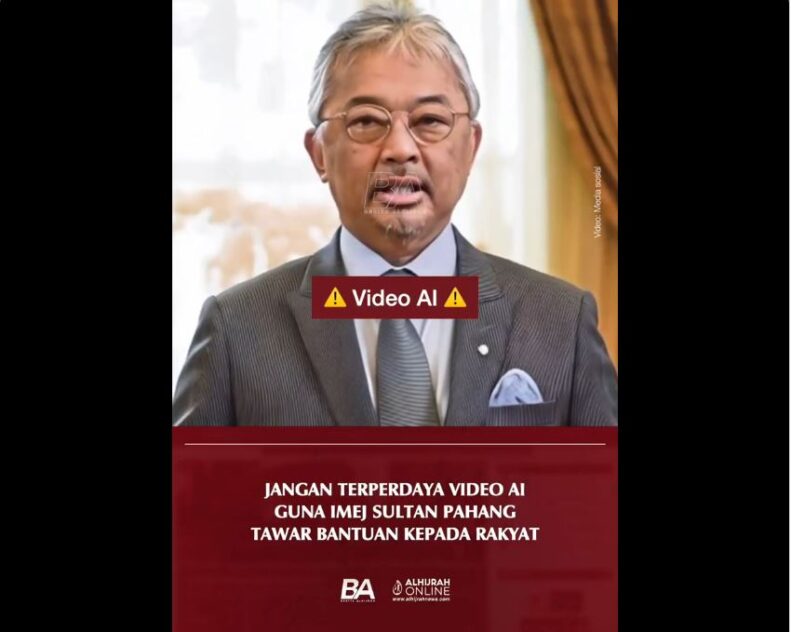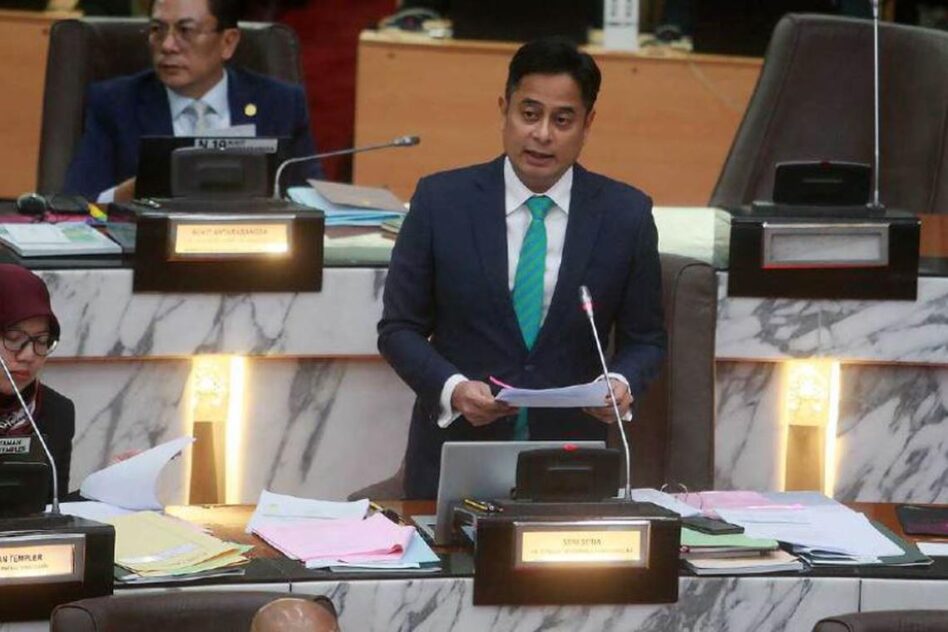RETAIL and Trade Brand Advocacy (RTBA), an international non-government organisation that seeks to protect businesses and brands across the region from crime, has expressed support for the government’s commitment to disincentivising the shadow economy or black market in the upcoming Budget 2021.
RTBA’s comments came following plans announced by Finance Minister Tengku Datuk Seri Zafrul Tengku Abdul Aziz, to optimise current tax structures by reducing leakages.
RTBA is especially encouraged to note that the Finance Minister has also singled out the tobacco black market as a priority problem to resolve.
Malaysia has the dubious honour of being No. 1 in the world in terms of illegal cigarettes incidences. This has caused the country to lose billions in revenue yearly; representing money that can be better spent rebuilding the economy impacted by the COVID-19 pandemic.
More worrying is Malaysia’s size and breadth of its tobacco black market have spilled over into countries like Australia and New Zealand where several Malaysians have recently been apprehended and charged for illegal cigarette trade.
“Illegal cigarettes now account for 65% of the total market in Malaysia and there are indications this will rise further,” RTBA managing director for health Michael said in a statement.
“There is no developing nor developed country in the world that can afford to see an entire business sector totally controlled by organised crime.”
While the government has committed itself to combating market, Michael opined that it will take no less than a comprehensive multi-pronged and simultaneous action to shift the needle.
In view of this, RTBA recommends three core solutions to tackle illegal cigarettes effectively. These include:
- Vex on the tax: The government must have the resolve to review and revise the current excise structure to close the price gap between legal and illegal products. At the end of the day, the large price gap is what incentivises perpetrators to trade in illegal cigarettes. Remove the gap and the motive to trade in illegal cigarettes comes to an end.
- Empower the enforcer: In Australia, the Australian Border Force (ABF) plays a significant role in disrupting the activities of smugglers and crime syndicates. In 2015, the country established a dedicated Tobacco Strike Team to collect intelligence on illegal operations and intercept illegal shipments.
In 2019, ABF seized 633 tonnes of illicit tobacco, a jump of 46% from the previous year. In spite of this, a total of 3.1 million kilograms of tobacco – loose and packaged – were smuggled into the country during the same period.
“While this is a clear indication that while a dedicated task force is important, it is still not enough to mitigate the tobacco black market,” cautioned Michael.
“A much more empowered multi-agency task force is needed for Malaysia; one that not only draws together expertise and capabilities, but also is able to build pro-active, intelligence-led teams to complement border controls.”
- Ban on transhipment: One of the key factors that contribute to the rise of black market trade is transshipment. Given the volume of shipment occurring at various ports in the country, Malaysian customs officers often do not have the resources nor the technology to check each and every container declared as transshipment stocks entering the country.
“In this regard, a total ban on transshipment and the introduction of a single point of entry for any importation of cigarette products into Malaysia can play a significant role in curtailing contraband cigarettes from entering the country or being re-distributed to other countries like New Zealand and Australia,” suggested Michael. – Nov 4, 2020









